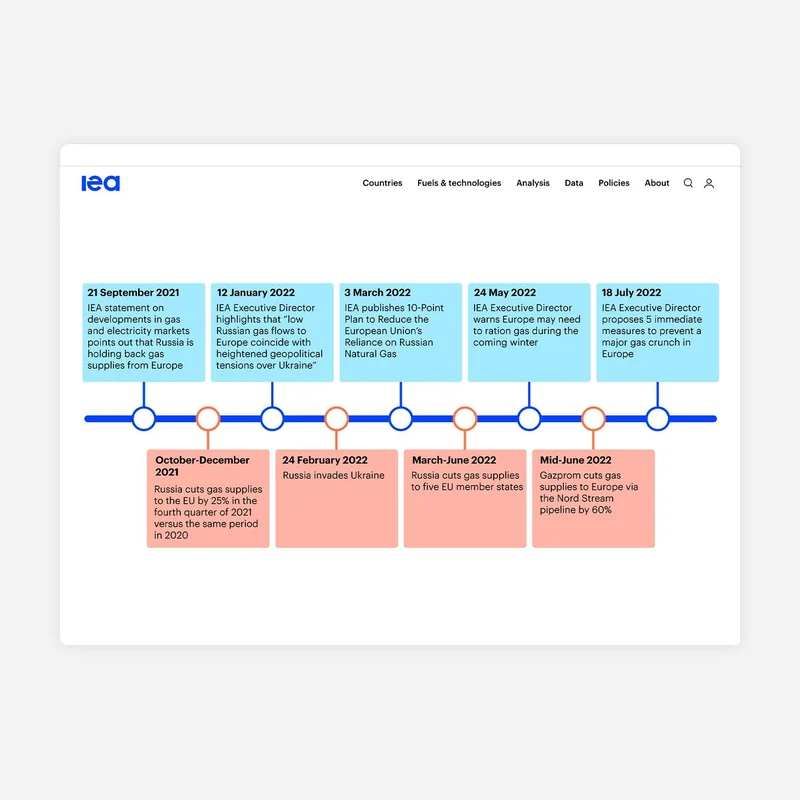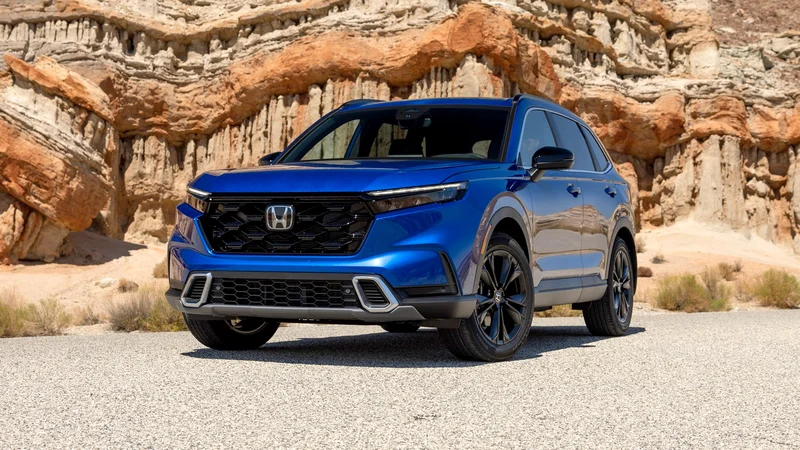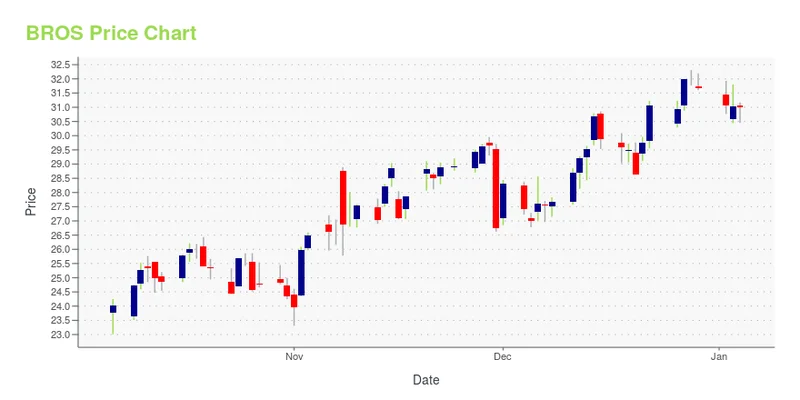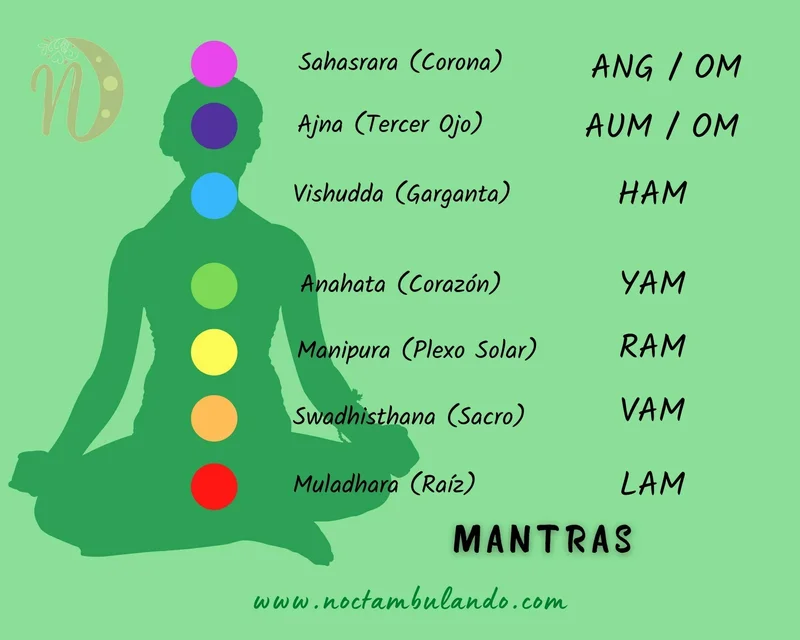IEA: Meaning, Data, and What to Know
The IEA: More Acronym Than Authority?
The International Energy Agency. The IEA. Its reports are treated as gospel by policymakers and investors alike. But should they be? A quick look at the search trends – "the iea," "iea energy," "what is iea" – reveals a public more curious than convinced. And the related searches? "iea horse," "iea equestrian," "ride iea." Wait, what? Before we dive into energy forecasts, let's clear up any confusion: we're talking about the other IEA, the one focused on global energy policy, not the Interscholastic Equestrian Association. Though, admittedly, predicting the future of energy is sometimes as reliable as picking a winning horse.
Decoding the IEA's Influence
The IEA was founded in 1974 in response to the oil crisis. Its initial mandate: to help countries coordinate a collective response to major disruptions in the supply of oil. Over time, its role has expanded to encompass a broader range of energy issues, including renewable energy, energy efficiency, and climate change.
The organization publishes a wide array of reports and data, including the widely cited World Energy Outlook (WEO). These publications shape the narrative around energy transitions and influence investment decisions globally. But here's where my skepticism kicks in. The IEA's pronouncements, while data-rich, are still projections, not prophecies. And projections, as any seasoned investor knows, are only as good as the assumptions they're built on.
Consider the IEA's past forecasts for renewable energy. Historically, they've been consistently underestimated. Solar power, in particular, has repeatedly exceeded the IEA's projections. Why? Are they intentionally sandbagging to appease certain interests? Or are they simply struggling to keep pace with the exponential growth of disruptive technologies? Details on why the decision was made remain scarce, but the impact is clear.

This raises a fundamental question: How does the IEA's organizational structure and funding model influence its analysis? The IEA is primarily funded by its member countries, many of whom have vested interests in maintaining the status quo. Could this create an inherent bias in its analysis? It’s a question worth pondering. And this is the part of the report that I find genuinely puzzling...
Data, Horses, and Blind Spots
The search data throws up a curious juxtaposition. On one hand, people are searching for hard data ("iea data," "iea points," "iea report"). On the other, they're wondering if it's all about horses ("iea horse," "iea equestrian"). This illustrates a key challenge: communicating complex energy data to a broad audience.
But beyond the communication gap, there's a deeper issue: What blind spots might the IEA have? Are they adequately accounting for the potential of disruptive technologies like advanced geothermal or energy storage? Are they factoring in the geopolitical risks associated with relying on specific countries for critical minerals needed for renewable energy technologies? These are critical questions that demand rigorous, unbiased analysis.
One area where I think the IEA could improve is in its transparency. While they publish a wealth of data, the underlying models and assumptions are often opaque. Greater transparency would allow independent analysts to scrutinize their methodology and identify potential biases. The more sunlight, the better, especially when trillions of dollars in investment are at stake.
The Real Story
The IEA plays a crucial role in shaping the global energy conversation. However, its analysis should be treated with a healthy dose of skepticism. It's essential to understand the assumptions behind their projections and to consider alternative perspectives. As investors and policymakers, we can't afford to blindly accept any single source of information, no matter how prestigious it may seem. The future of energy is too important to leave to acronyms alone.
Previous Post:Casablanca: What's the Deal?
Related Articles
Bucharest: $141 Getaway? What's the Catch?
Generated Title: Is 'Travel Hacking' Even Worth the Trouble Anymore? A Cynic's Take Bucharest on a B...
AMC: Unlocking the Future of Shared Experiences
The Unseen Revolution: When Our Minds Become Limitless Imagine a world where your deepest thoughts,...
Honda Recalls 2025: Checking VINs and What We Know
Honda's 2025 Recall Risk: Is History About to Repeat Itself? Honda has built a reputation for reliab...
Bros Stock: What's Happening with Dutch Bros vs. Warner Bros?
Generated Title: "Pardon Our Interruption": Or, How I Learned to Stop Worrying and Love the Bot Chec...
MANTRA: Why This AI Isn't Just an Upgrade—It's a New Beginning
I spend my days tracking exponential curves. I map the blistering trajectory of processing power, th...
Casablanca: What's the Deal?
Generated Title: Can't Fix Stupid: Why Tech's "Solutions" Just Make Everything Worse Alright, let's...





